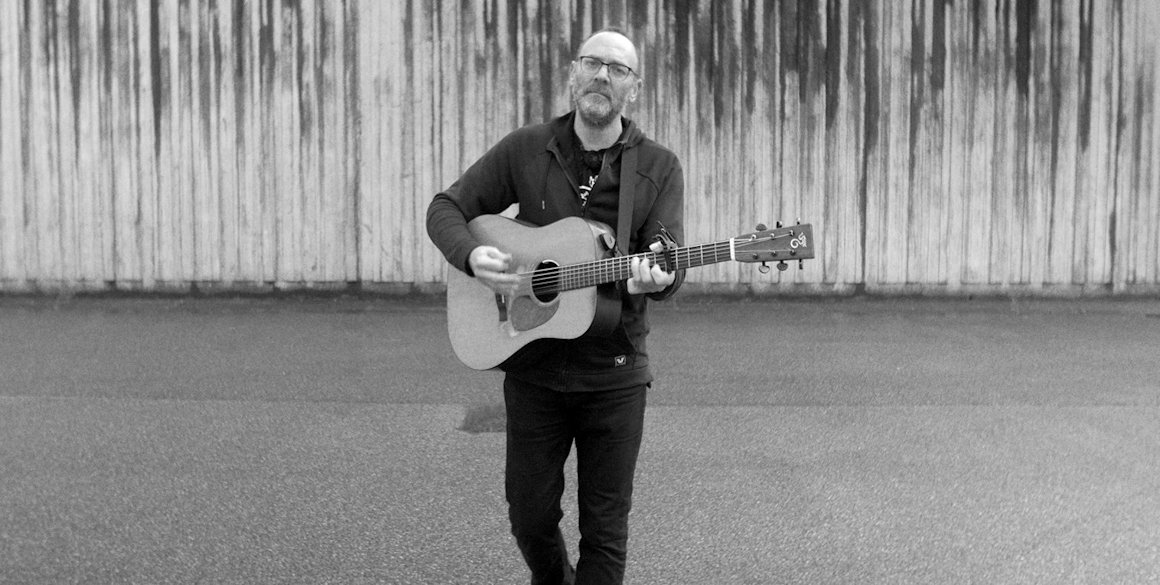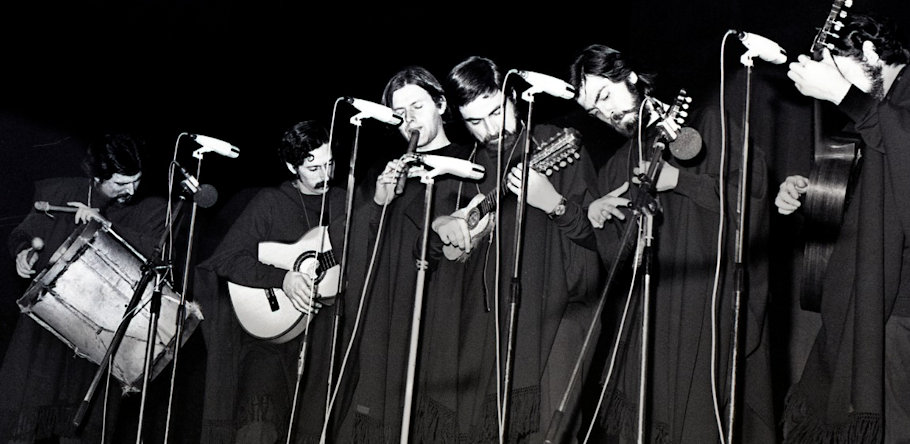Talib Kweli’s solidarity with Palestine
Hip-hop star Talib Kweli is a consistent political activist. In 2000, in the aftermath of the New York police department’s brutal killing of Amadou Diallo, he co-founded Hip Hop For Respect with rapper-actor Mos Mef. In 2005 he called upon the Bush Administration to remove former Black Panther Assata Shakur (living in exile in Cuba) from the terrorist watch list. In 2011 he performed at New York’s Occupy Wall Street camp. More recently, he’s been on the front lines in support of Black Lives Matter. But the Brooklyn rapper does not limit his activism to the USA. In 2014 he responded to calls to from the Boycott, Divestment, and Sanctions campaign and cancelled a concert in Israel. In 2015 he joined hundreds of Black activists, artists, scholars, students, and organizations, and signed the Black Solidarity With Palestine statement (www.blackforpalestine.com). Interestingly, the statement acknowledges the solidarity that Palestinians have shown for Black Americans. Palestinian solidarity was evident last November, after Kweli’s concert in Leipzig, Germany was cancelled because of his outspoken support for Palestine. In response, more than a dozen Palestinian cultural organizations published an open letter thanking him for speaking truth to power, and likening the suppression of his show to the shutting down of cultural centres in Occupied Palestine. Read the letter at www.bdsmovement.net.
Iran’s imprisoned Rajabian brothers
The International Federation of Musicians (FIM) is campaigning on behalf of imprisoned Iranian musician Mehdi Rajabian and his filmmaker brother, Hossein Rajabian. The two were sentenced last June to six years in prison for “insulting the sacred” and “propaganda against the state” through the production and promotion of underground music. The Rajabian brothers began a hunger strike on October 28, and are now facing increasingly severe medical conditions. The Iranian state frequently intimidates, persecutes, imprisons, and bans artists and cultural producers. Musicians need government authorization in order to perform concerts and produce music albums and videos. Online distribution of alternative music is also a political challenge. Even when they’re issued concert licenses, there’s no guarantee that musicians can safely hold their scheduled appearances. FIM is urging Iranian authorities to drop charges against the Rajabian brothers and release all artists who are detained for having exercised their fundamental right to freedom of expression. For more information visit www.codir.net.
SF Symphony protests anti-gay laws
The San Francisco Symphony announced on December 12 that it had cancelled a pair of April concerts in North Carolina to protest the new state law curbing anti-discrimination protections for lesbian, gay, bisexual and transgender people. The orchestra joins a growing list of luminaries who have shunned the state, including rockers Bruce Springsteen and Ringo Starr, and classical violinist Itzak Perlman. The action affects concerts in Chapel Hill, where the symphony was scheduled to play music by John Cage, Béla Bartók, and Gustav Mahler. The North Carolina law nullified local ordinances establishing anti-discrimination protections for lesbian, gay, bisexual and transgender people. It requires people in public buildings to use restrooms that correspond with the gender listed on their birth certificates. It was signed into law by Republican Governor Pat McCrory, who was defeated in the November elections. The new Governor, Democrat Roy Cooper, quickly abandoned his pre-election promise to repeal the bill. The orchestra was inspired by the mayor of San Francisco, Edwin M. Lee, who has barred city employees in publicly funded positions from travelling to North Carolina on business.
Leonard Cohen: 1934-2016
Tributes to Leonard Cohen abounded in the weeks after his death on November 7th. Of particular interest to me were the many homages to Cohen on Facebook by left-wing activist friends. While he’s known and loved as a poet who explored personal relationships and the “human condition”, Cohen expressed progressive political sentiments in many of his songs. His first overtly political recordings were released on Songs From a Room (1969). “The Partisan” celebrates the heroism of the anti-fascist French Resistance, and “Story of Isaac” is a biblical parable condemning the Vietnam War. “Joan of Arc” (1971) is an admiring portrait of a strong woman, personified by the 15th century French heroine. “Dance Me to the End of Love” (1984), embraces life in the face of atrocity and death, and was inspired by stories of Jewish musicians in the Nazi death camps. The wry “Everybody Knows” (1988) confronts a neoliberal world where “everybody knows that the dice are loaded”, but makes it clear that the world of the rulers is coming apart too. “Democracy” (1990) is replete with irony. “Democracy is coming to the USA”, but its present rulers are not capable of it. Unfortunately, Leonard Cohen did not observe the call for a cultural boycott of Israel. Instead, in 2009 he played “A Concert for Reconciliation, Tolerance, and Peace” in the country, and donated the proceeds to Israeli and Palestinian peace groups.




